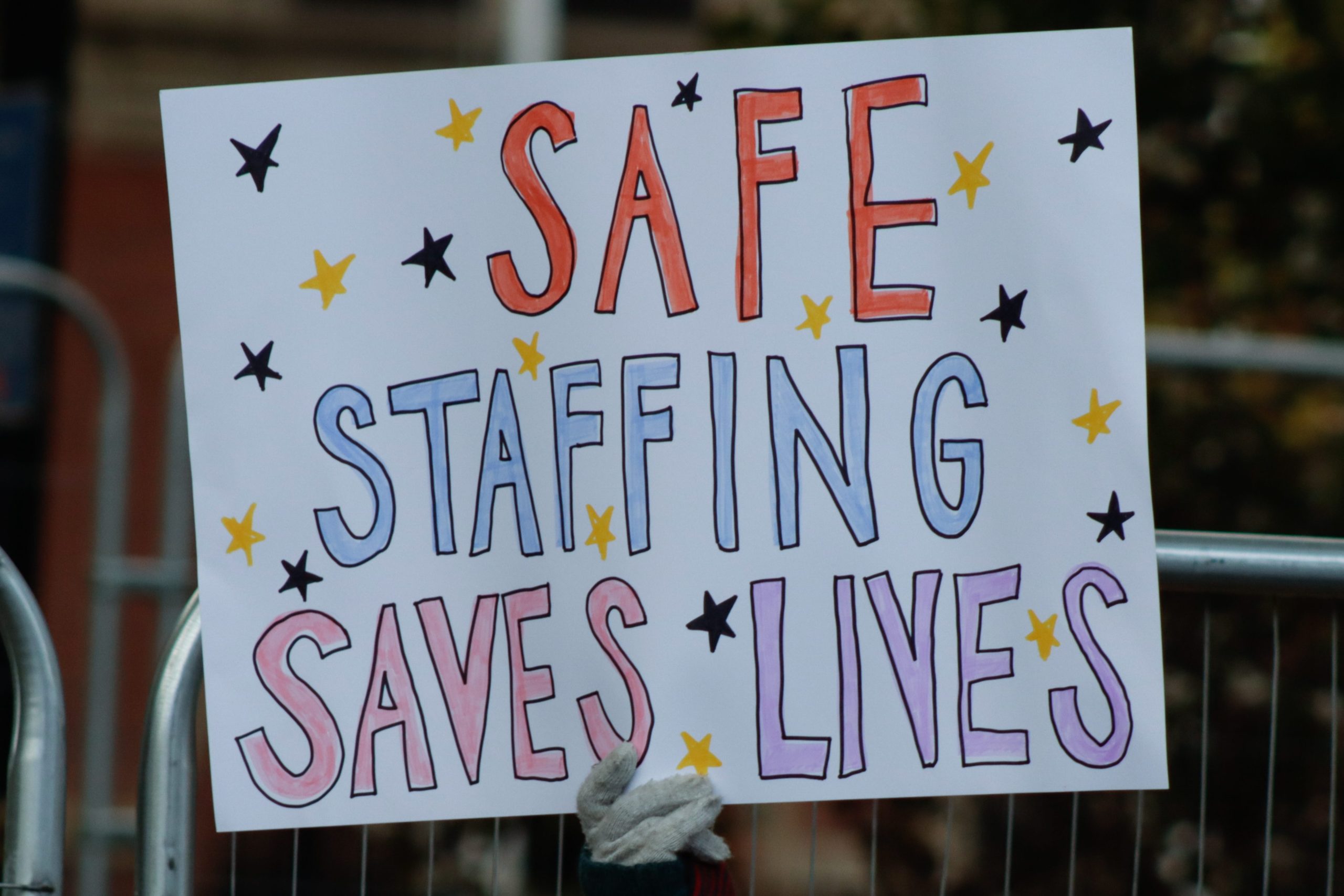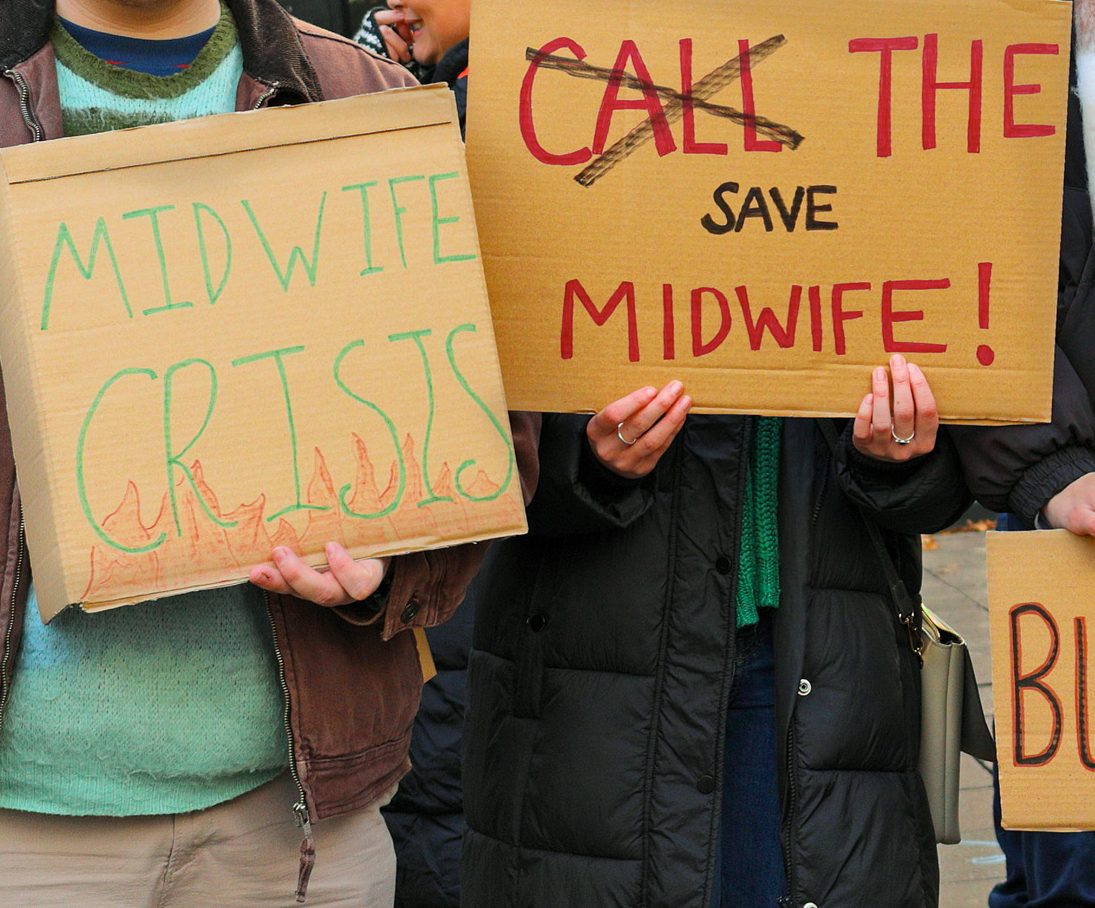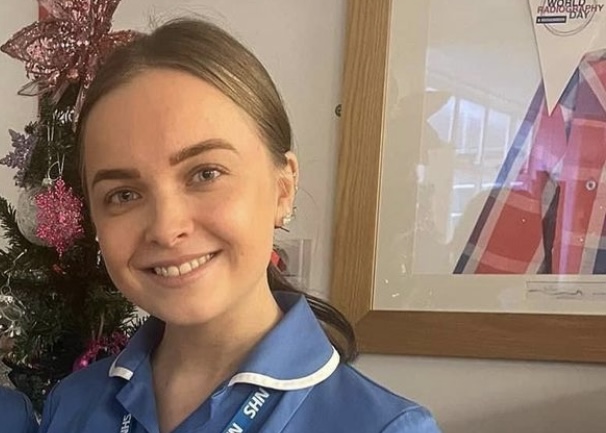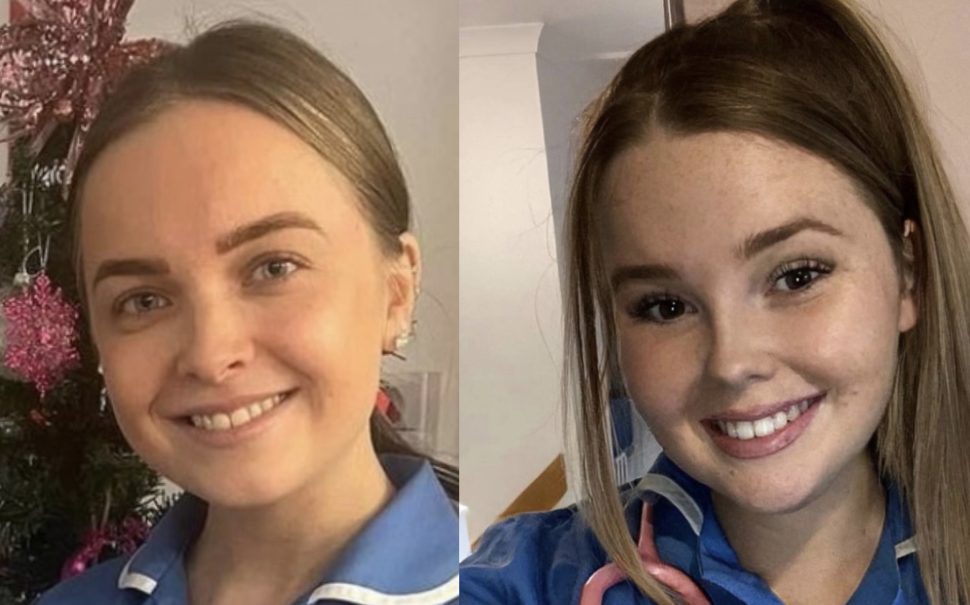A record breaking number of midwives are choosing to walk away from the profession, citing poor working conditions and depleting mental health.
On International Day of the Midwife 2023, Manunian Matters spoke with two professionals – one who has walked away from midwifery, and one who is still practicing – about the reality of working on an NHS ward.

Melissa Connelly, 28, is a registered midwife in Greater Manchester. After completing a degree in Counselling and Psychology, Melissa pivoted towards midwifery after falling pregnant with her son: “I felt it as a calling straight away and knew I had to pursue it.”
She was nominated for Student Midwife of the Year in 2021 and won the Northern Student Midwife Award.
But Melissa stopped practising eight months ago.
She cites the ‘politics’ of the NHS working environment as a primary factor for leaving the profession: “I never really anticipated that workplaces full of staff – who I assumed were like-minded – to be the way they were, so that was a real surprise. I definitely don’t miss not being able to get a break on a 13 hour shift either!”

According to the 2022 leaver’s survey by the Nursing and Midwifery Council (NMC), one of the most common reasons for leaving the profession was ‘too much pressure’ and subsequent poor mental health, which 18.3 per cent of respondents selected.
The fourth most selected reason was ‘workplace culture’, at 13 per cent.
Melissa says: “Having the benefit of hindsight now, it definitely wasn’t personal. I think that managers were just so busy and bogged down themselves and had their own pressures and worries, but that impacted how they responded to situations.
Melissa describes some of her experiences on NHS wards as ‘dark’ and ‘overwhelmingly sad’.
She says staffing issues and high pressures detract from the highs of midwifery which attracted her to the profession initially
She said: “Not feeling as though I was able to give the kind of care that I wanted to give because of lack of staffing was another huge contributor to me leaving.”

For Melissa, her ‘lowest low’ on the ward was another factor in her choosing to step away: “I almost had a full-on sobbing meltdown on shift. I was 26 weeks pregnant and 10 hours into a night shift, and had finally been sent for my break.
“I had just sat down to tuck into my meal when one of the senior midwives came to tell me that a woman had arrived and was pushing, and they had no other midwives available.
“I honestly thought I was going to burst into tears. I was tired and hungry and just wanted a few minutes to sit down, have a snack and some quiet. Safe to say I didn’t get a break that shift, and went home absolutely starving and thoroughly exhausted.”
Melissa says she hopes to return to Manchester’s wards one day, ‘if things ever change’.
She added: “Thousands of women give birth every day, yet witnessing it was always something so special. I loved being part of that.”

Manchester born and bred, she credits the city for its forward-thinking in midwifery: “There are so many different options for women living in Manchester when it comes to maternity care providers and birthing units.
“From stand-alone midwifery-led birthing centres to independent, midwives supporting home birth teams to complex and specialised consultant-led birthing units.
“There are wonderful options for everyone and whilst working within those systems hasn’t come without challenges, it’s something that I always was, and always will be, proud of.”
Lucy Surplus, 23, is also from Greater Manchester – she is currently a practising midwife, who describes her experience working in the city as ‘generally positive’: “I have the most amazing colleagues who have helped and supported me so much to become the midwife I am today.”
She began her training at 18 in the city, and considers midwifery to be the ‘most empowering’ job she’s ever done: “I wanted to help and support women through what should be the most amazing time of their life.”

“That being said, we are also there to support and care for women and families during what can be the most difficult part of their lives.
Like Melissa, Lucy advocates for greater awareness of the pressures midwives face in the workplace: “I wish the public would know about the pressures we face every day, like the short staffing and the long shifts.”
A Royal College of Midwives survey found that midwives currently in NHS wards are more likely to be driven away from the profession because of the difficulties that arise from understaffing.
The NMC survey supports this, with 16.6 per cent of leavers (around one in six) commenting specifically on understaffing. Respondents said understaffing leads to negative workplace environments due to overworking, high pressure, and unreasonably long shifts.
Lucy says: “We always want to provide the best care possible, but we’re all struggling because of these pressures.”
Featured Image: Lucy Surplus and Melissa Connelly




